Trichotillomania is a disorder that falls under the category of obsessive-compulsive disorder and related disorders. Individuals with this condition experience a strong urge to pull out their hair from various parts of their body, including their scalp, eyebrows, eyelashes, and even pubic hair.
This urge to pull out hair is often accompanied by a feeling of tension or anxiety, which is temporarily relieved once the hair is removed. However, this relief is often followed by feelings of guilt, shame, and embarrassment, which can further exacerbate the symptoms of the disorder.
The symptoms of trichotillomania can vary from person to person, but the most common symptoms include:
At Clarity Clinic, our trichotillomania specialists offer a comprehensive and personalized approach to treating trichotillomania. Our treatment options are designed to help individuals manage their symptoms and improve their overall quality of life.
Our trichotillomania treatment approach includes:
1. Cognitive Behavioral Therapy (CBT)
CBT is a form of talk therapy designed to help individuals change negative thought patterns and behaviors. This type of therapy has been shown to be effective in treating trichotillomania, as it can help individuals identify and manage their urges to pull out hair.
During CBT sessions, individuals will work with a trichotillomania specialist to develop coping strategies and techniques that can help them resist the urge to pull out hair. These techniques may include practicing relaxation exercises, developing alternative behaviors, and identifying triggers that may lead to hair-pulling episodes.
2. Habit Reversal Training (HRT)
HRT is a specific type of behavioral therapy that is designed to help individuals break the habit of hair-pulling. This type of therapy involves teaching individuals how to become more aware of their hair-pulling behaviors and develop alternative behaviors that can replace hair-pulling.
During HRT sessions, individuals will work with a therapist to identify their specific hair-pulling triggers and develop strategies to prevent hair-pulling episodes. This may involve developing a competing response, such as clenching one's fists, when the urge to pull out hair arises.
3. Medication
In some cases, a psychiatrist who specializes in treating trichotillomania may prescribe medication to treat trichotillomania. The most common medications used to treat this condition are selective serotonin reuptake inhibitors (SSRIs), which are commonly used to treat depression and anxiety.
SSRIs can help reduce the severity of trichotillomania symptoms, including the urge to pull out hair. However, it is important to note that medication should always be used in conjunction with therapy and other treatment options.
In addition to therapy and medication, support can also be a valuable component of trichotillomania treatment. Support groups can provide individuals with the opportunity to connect with others who are experiencing similar challenges, share their experiences, and learn from one another. Clarity Clinic offers a variety of therapy groups that would be helpful to those who are struggling with Trichotillomania.
At Clarity Clinic, we are dedicated to providing compassionate and effective care to individuals with trichotillomania. We understand the challenges that come with this condition, and we are committed to helping individuals manage their symptoms and improve their quality of life.
Some of the key benefits of our trichotillomania treatment services include:
1. Personalized Treatment Plans
We understand that every individual with trichotillomania is unique and that there is no "one-size-fits-all" approach to treatment. That's why we offer personalized treatment plans that are tailored to everyone’s specific needs and goals.
Our trichotillomania specialists work closely with everyone to develop a treatment plan that considers their symptoms, triggers, and personal preferences. We believe that this individualized approach is essential for achieving long-term success in trichotillomania treatment.
2. Experienced and Compassionate Trichotillomania Therapists
All our therapists have extensive experience in treating trichotillomania, as well as other mental health conditions. They provide compassionate care and support to everyone they work with and are committed to helping individuals achieve their treatment goals.
Our therapists use evidence-based treatment approaches, such as CBT and HRT, that have been shown to be effective in treating trichotillomania. They also stay up to date on the latest research and developments in trichotillomania treatment to provide the best possible care for their clients.
3. Comprehensive Care
We believe that comprehensive care is essential for effective trichotillomania treatment. That's why we offer a range of treatment options, including therapy, medication, and support groups, that are designed to address the unique needs and challenges of individuals with this condition.
Our goal is to provide individuals with the tools and support they need to manage their symptoms and improve their overall quality of life. We work closely with everyone to ensure that they receive the care and support they need to achieve their goals in treating trichotillomania.
4. Confidentiality and Privacy
We understand that trichotillomania can be a sensitive and private issue for many individuals. That's why we are committed to providing a safe and confidential environment for individuals to discuss their challenges and receive treatment.
All our services are provided in a private and confidential setting, and we take great care to protect the privacy and confidentiality of our clients. We believe that this is essential for creating a safe and supportive environment where individuals can focus on their treatment and recovery.
If you or a loved one is struggling with trichotillomania, we are here to help. Our compassionate and experienced trichotillomania specialists provide effective treatment and support to individuals with this condition.
To learn more about our trichotillomania treatment services, or to schedule an appointment with one of our therapists, please contact us today. We look forward to working with you to achieve your treatment goals and improve your overall quality of life.








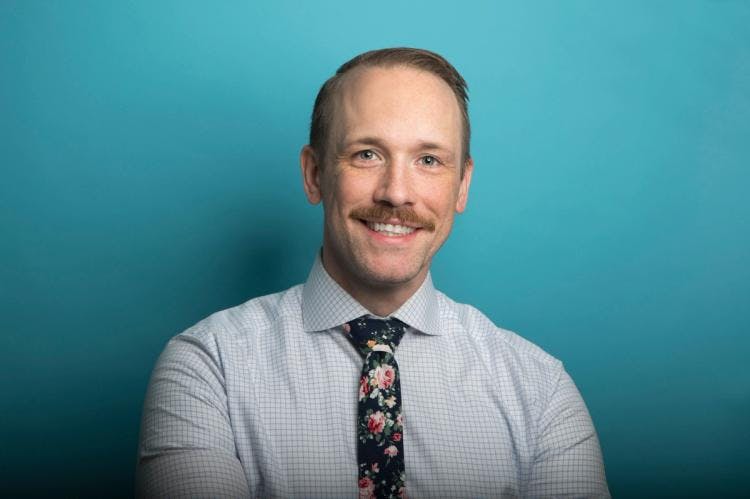





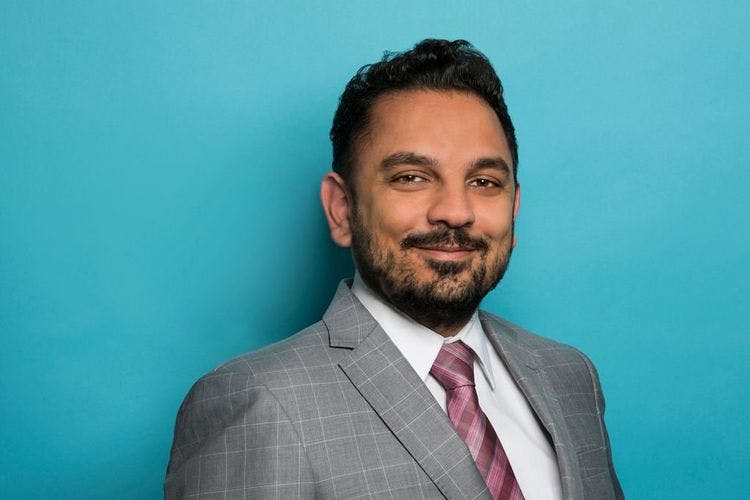
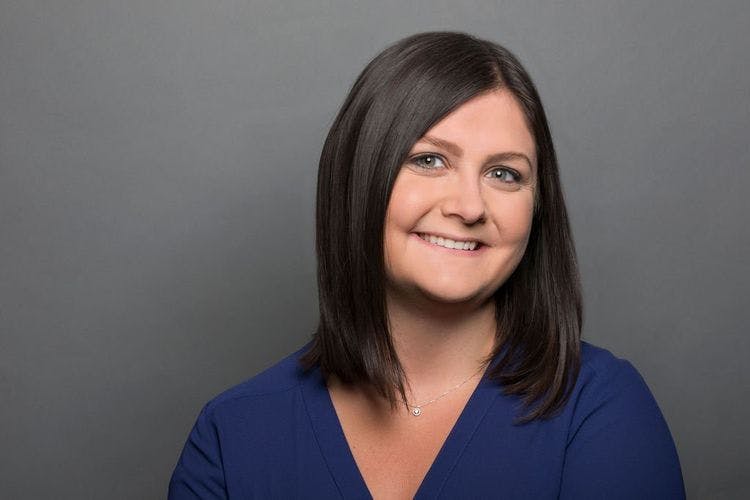
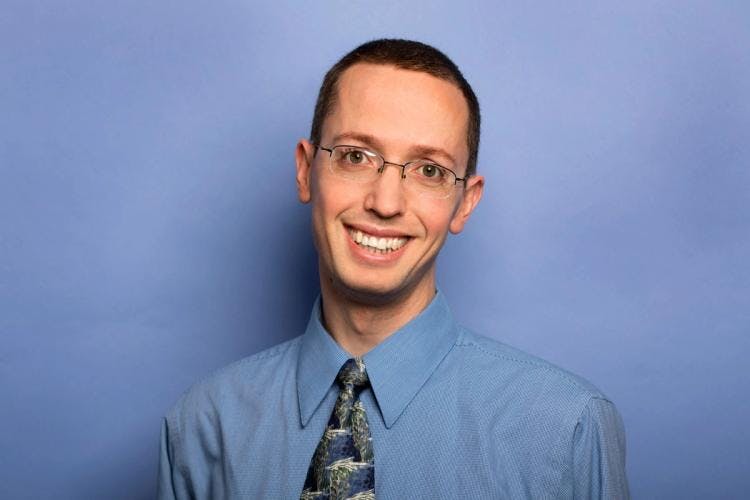
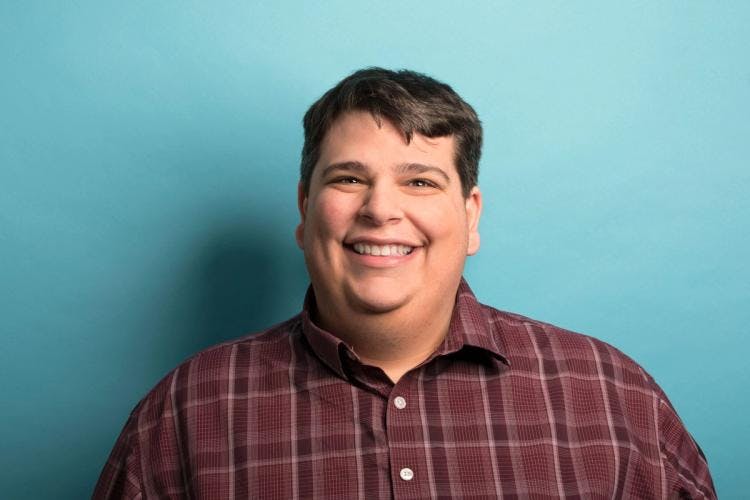












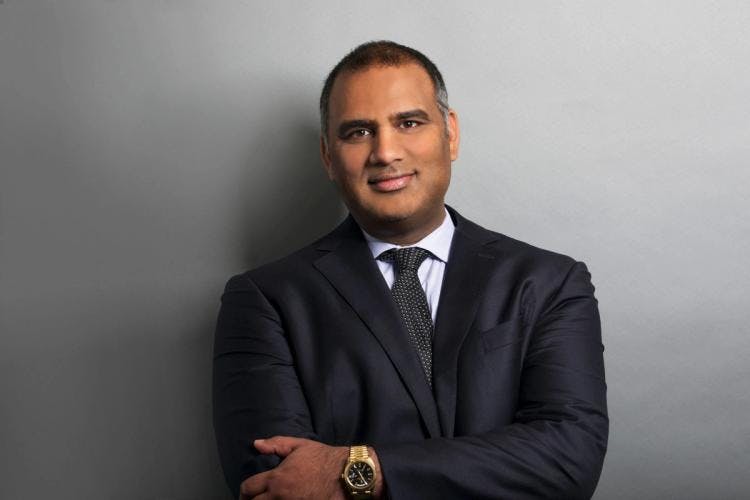






























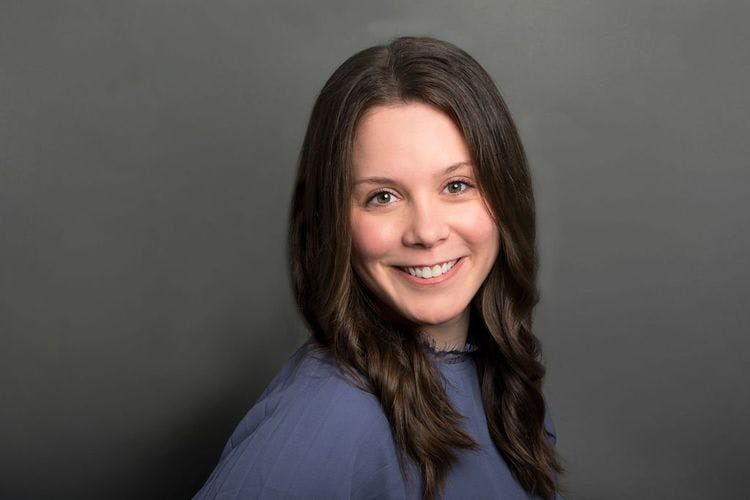

Our Services
Virtual/Online CarePHP and IOPAdult PsychiatryChild & Adolescent PsychiatryAdult TherapyChild & Adolescent TherapyCouples CounselingFamily TherapyGroup TherapyPsychological TestingTranscranial Magnetic Stimulation (TMS)